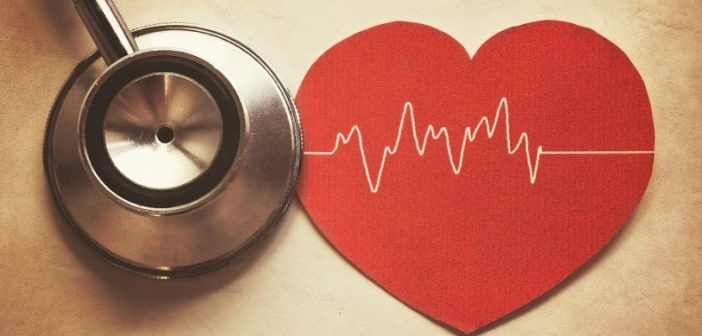In today’s fast-paced world, feeling tired may feel normal. You can easily attribute it to sleeping a few hours, working round the clock, or having early mornings. Doctors today hear patients complaining about fatigue every single day. For this kind of tiredness, managing stress and prioritizing rest help. However, if you are always feeling tired or experiencing continuous fatigue, it could be a sign that there is something more. It could be an indication of a bigger health problem that needs attention. This can be a bit worrying, most conditions that are accompanied by fatigue are treatable. Here are seven conditions that could be making you feel fatigued:
- Sleep Apnea
This sleep condition causes your airways to close so that you stop breathing on repeated occasions at night, causing you to wake fast. Due to the frequent sleep interruptions, people who have sleep apnea end up feeling exhausted. This condition is more prevalent in obese people and is at risk of having heart disease, high pretension, and stroke. At Easy CPAP, you will find lowest prices on CPAP machines. This device helps in keeping your airways open as you sleep. Besides using the CPAP machine, sleep apnea can be treated through surgery to take throat tissues out or losing weight.
- Chronic Fatigue Syndrome (CFS)
This condition is characterised by tiredness that persists for six months. This tiredness is worsened by physical or mental exertion and does not improve regardless of how many hours of rest you get. CFS is common among women who are aged between 40 and 60. The exact causes of CFS are not known and its diagnosis is done by eliminating other conditions while considering common symptoms such as lymph nodes that are swollen, trouble concentrating, sore throat and muscle aches. This condition has no cure or specific treatment. However, making lifestyle adjustments like engaging in activities that increase your energy levels and cognitive therapy can help.
- Celiac
This is an autoimmune condition that causes a person’s immune system to launch an attack on the small intestine. This happens due to the consumption of gluten, a protein that is found in rye, barley, and wheat. Celiac causes a disturbance in the small intestines, hindering absorption of the nutrients that the body needs. When left unchecked, this condition does not only cause fatigue, it also leads to weight loss, diarrhea, and anemia. The only way to treat celiac is to avoid eating foods that have gluten. Persons who have this condition should eat natural, gluten-free foods that include rice, fish, quinoa, beans, meat, and potatoes. The only treatment is avoiding foods that contain gluten. Naturally, gluten-free foods include fruits and vegetables, fish and meat, beans, rice, potatoes, and quinoa.
- Chronic Pain
Experiencing constant pain can make you experience fatigue. Any chronic illness can make you tired because it saps your energy and diverts it from your everyday living. Pain consumes energy because the body is fighting disease-causing inflammations. Pain also makes it difficult for you to exercise and sleep, which adds to the tiredness. At the same time, taking certain drugs to relieve pain can drain your energy. If you have a chronic illness that is causing you pain, contact a doctor to see how such a condition can be addressed.
- Depression
Every day, we are dealing with stress and this can cause us to feel fatigued. Feeling anxious or depressed can further aggravate this significantly. The fatigue that is caused by depression does not just manifest as lack or low energy to go about normal daily activities – it is also characterized by apathy, focusing on problems as well as feeling unmotivated and overwhelmed. This can turn into a cycle where depression fuels fatigue and fatigue causes depression. If you are experiencing depression, discuss the antidepressants you use with your doctor because some antidepressants can cause fatigue. Also, have your doctor help you explore treatments such as cognitive behavioral therapy that are not associated with drugs.
- Anemia
Anemia is a condition where your body lacks sufficient red blood cells to carry oxygen to all parts of the body. When your body does not get enough oxygen, your energy levels are low and you feel tired. The most common type of anemia is the one where iron levels in the body are low due to gastric bypass surgery, chronic illnesses, heavy periods or vitamin deficiencies. The treatment depends on the cause of low red blood cells but usually, any underlying conditions are addressed first. In some instances, doctors recommend diet changes and vitamin supplements.
- Thyroid Disease
When your thyroid glands are overactive or underactive, you can experience fatigue. However, an underactive gland that does not produce sufficient thyroid hormone is the most common cause of fatigue. This condition is known as hypothyroidism – it is characterized by sore muscles and weight gain. The body tries to compensate for an underactive thyroid. However, when the problem persists, the body slowly loses its ability to create energy to facilitate cell metabolism and growth.




